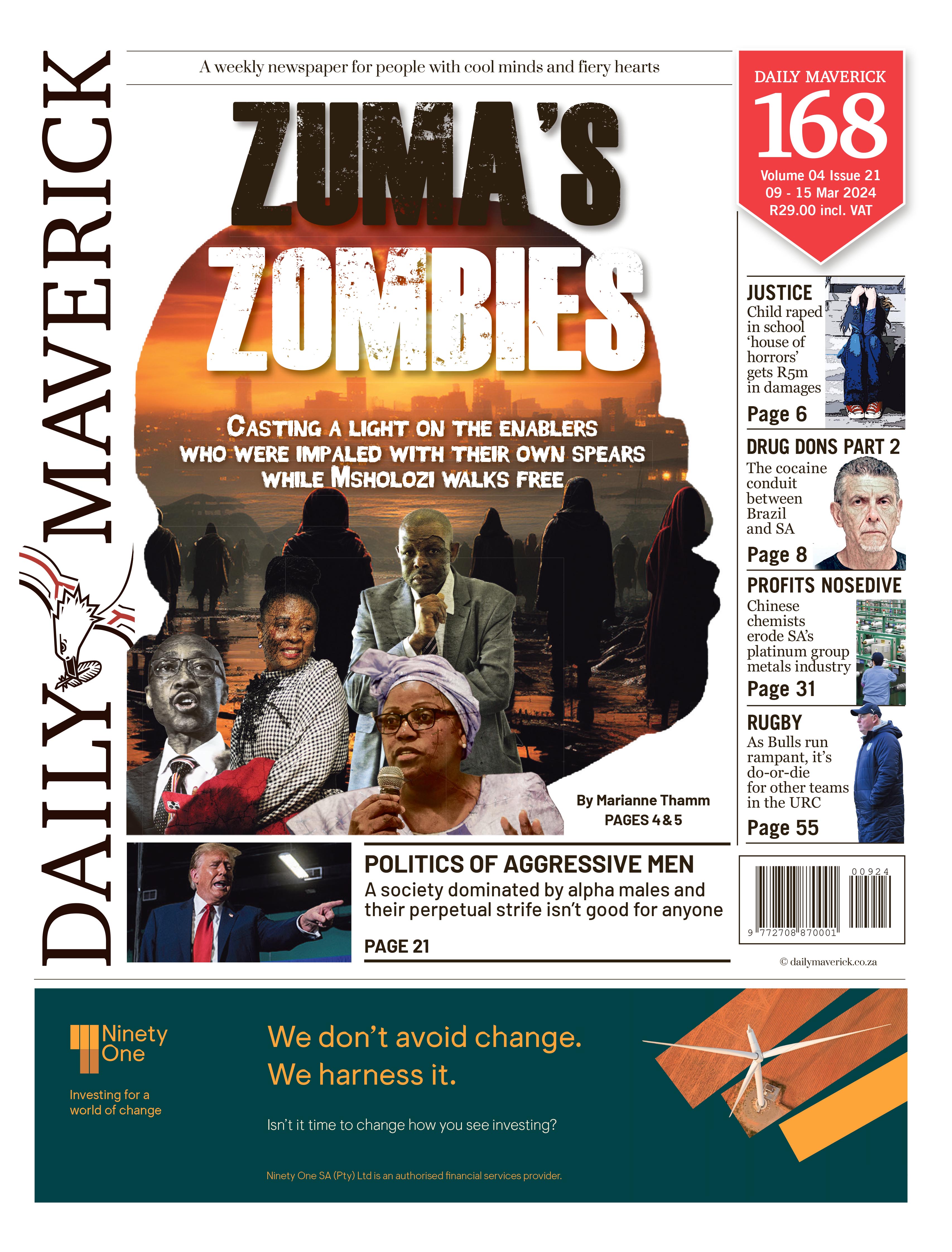
THE CONVERSATION
Feeding the beast — big companies’ funding of health research is a cause for concern

Financial links between corporations and academic institutions can lead to conflicts of interest and disinformation.
In 2021, the director of the African Research Universities Alliance Centre of Excellence in Food Security at the University of Pretoria was appointed to the board of the transnational food corporation Nestlé.
At the time, a group of more than 200 senior academics wrote an open letter about conflicts of interest. Nestlé’s portfolio of foods, by its own admission, includes more than 60% that don’t meet the definition of healthy products.
In December 2023, the same centre announced it had signed a memorandum of understanding with Nestlé. It signalled its intent to “forge a transformative partnership” to shape “the future of food and nutrition research and education” and transform “Africa’s food systems”.
This is not an isolated case. Across African universities, companies with products that are harmful to health fund health-related research and education. Nestlé, for example, “shares expertise” with “eight universities in Africa”.
These include the Institute of Applied Science and Technology at the University of Ghana and the Centre Suisse de Recherches Scientifiques in Ivory Coast.
Activities funded under agreements with universities include internships, seminars, training programmes and sponsorships for graduate research students.
In South Africa, Nestlé has funded a prize in paediatrics for final-year medical students at the University of the Witwatersrand. It also funds a two-year paediatric gastroenterology fellowship at Stellenbosch University.
Bias – even if it’s unconscious
Financial links between corporations and academic institutions are well known to lead to conflicts of interest.
A 2017 paper, “Industry sponsorship and Research Outcome”, found that “industry funding leads researchers to favour corporations either consciously or unconsciously”.
Those advising governments and charities on dietary policy warn how “current or past financial or personal associations with interested parties make it difficult to distinguish subtle, unconscious bias from deliberately concealed impropriety”.
Other research found that of 168 industry-funded studies, 156 (93%) showed biased results, all in favour of industry sponsors. In 2018, about 13% of research articles published in the top 10 most-cited nutrition journals were backed by and favourable to the food industry. Such backing is often hidden.
A growing problem
The world is facing a pandemic of noncommunicable diseases – hypertension, diabetes, cardiovascular diseases, cancer – all linked to the consequences of poor nutrition such as stunting and obesity.
A 2023 Lancet commission reports that “just four industry sectors already account for at least a third of global deaths”, one of which is unhealthy food.
These four industry sectors are expanding their markets in Africa and elsewhere in the Global South, where the inadequate regulation of the sales and marketing of unhealthy foods, drinks, alcohol, tobacco and agrichemical products provides opportunities for corporations to exploit.
The most well-known commercial products that harm health are tobacco-related, now widely regulated to decrease harm.
The tobacco industry used many tactics to prevent its regulation. It funded research and whole institutions to produce “evidence” to support the industry or sow doubt about the harmful impacts of tobacco.
In 2019, public health academics at the University of Cape Town (UCT) discovered that the psychiatry department had accepted funding from the Philip Morris Foundation for a Smoke-Free World.
The department subsequently cancelled the contract after outrage from the broader university community. In 2020, the UCT council adopted a policy disallowing any employee from accepting funding from the tobacco industry.
In another example, scientific research published in 1967 implicated saturated fat as the main cause of heart disease. In so doing it downplayed the role of sugar. It took more than 40 years to uncover that this research was paid for by the sugar industry.
The decline in research funding in South Africa means that academics need to be especially vigilant. We need to protect our higher education institutions from research bias.
It is not enough to simply declare these interests and assume that this will eliminate the conflict of interest. Instead, public health academics need to develop much more robust systems to manage conflicts of interest at all levels of academia.
Governance structures at universities need mechanisms to respond to initiatives that run counter to public health. The Department of Paediatrics and Child Health at UCT has called for an end to sponsorship by infant formula milk companies for education, research or policy development.
An online course and toolkit for research ethics committees on conflict of interest in health research provides some practical guidance. These and other initiatives point the way forward for universities to be alert to the dangers of these “gift relationships” and be better equipped to protect their integrity. DM
First published by The Conversation.
Lori Lake contributed to this article. She is a communication and education specialist at the Children’s Institute, Department of Paediatrics and Child Health, UCT; Susan Goldstein is an associate professor in the SAMRC Centre for Health Economics and Decision Science at the University of the Witwatersrand; Mark Tomlinson is a professor in the Institute for Life Course Health Research, Department of Global Health, Stellenbosch University; Rachel Wynberg is a professor and DST/NRF bio-economy research chair at UCT; Tanya Doherty is a professor and chief specialist scientist at the South African Medical Research Council.
This story first appeared in our weekly Daily Maverick 168 newspaper, which is available countrywide for R29.



















 Become an Insider
Become an Insider
Comments - Please login in order to comment.